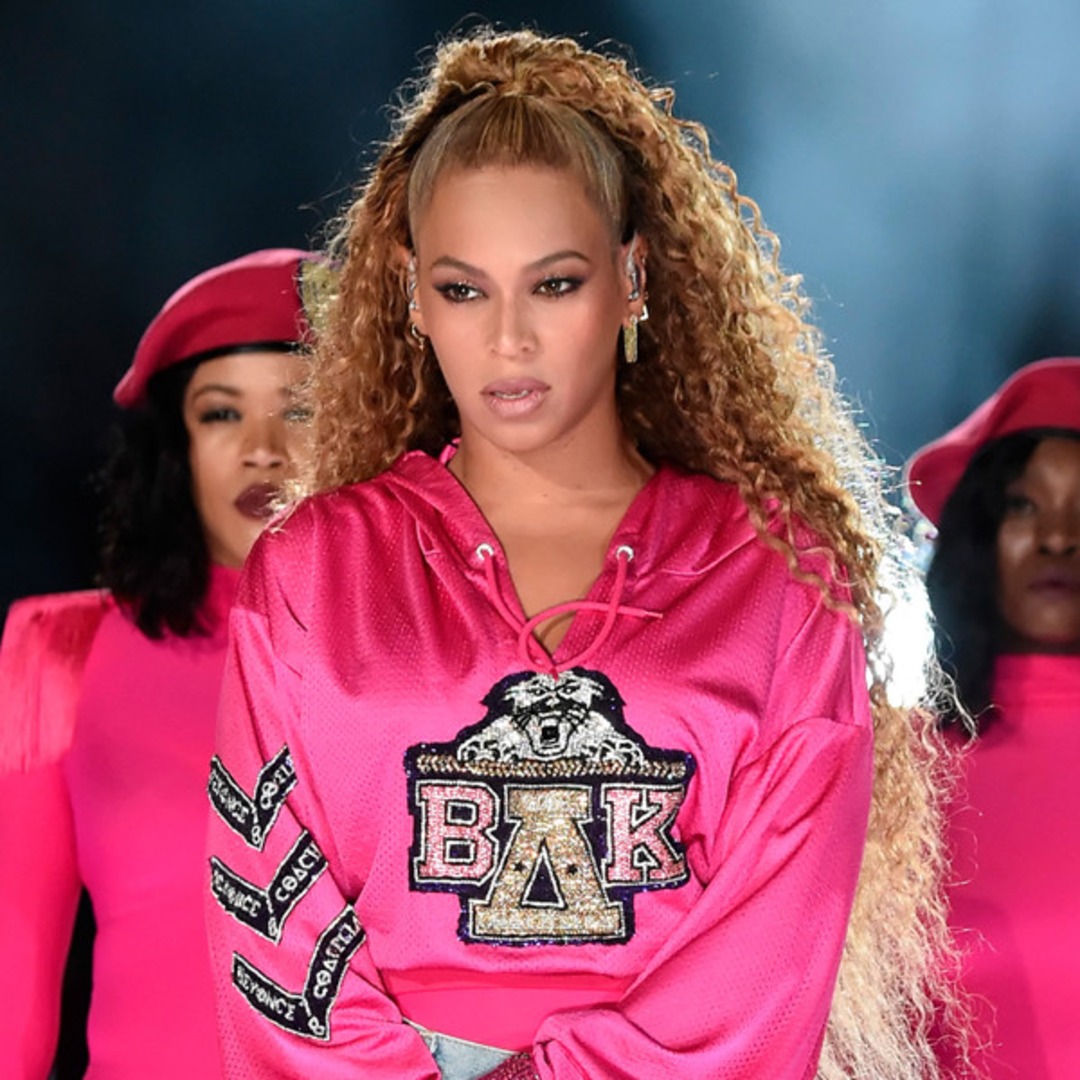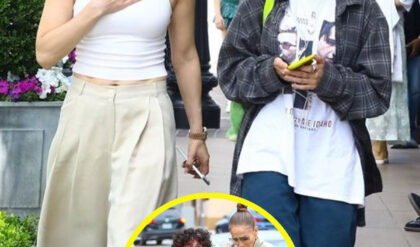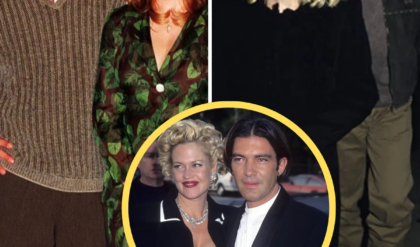Katt Williams Alleges Beyoncé Is Worse Than Jay-Z: Unraveling the Controversy
Celebrity controversies often captivate public attention, especially when they involve prominent figures like Katt Williams and power couple Beyoncé and Jay-Z. Recently, Katt Williams, known for his sharp wit and sometimes controversial statements, has purportedly made startling claims about Beyoncé, suggesting she is “even worse” than her husband, Jay-Z. These allegations have sparked intense speculation and debate, shedding light on perceptions of the music industry’s elite and raising questions about Williams’ motives and the validity of his assertions.
In a recent interview that circulated widely on social media and entertainment news platforms, Katt Williams reportedly criticized Beyoncé, one of the most influential and successful entertainers of our time. Williams allegedly stated that Beyoncé’s actions and character are more concerning than those of her husband, Jay-Z, who himself has faced scrutiny over the years for various controversies and public disputes.

While specific details of Williams’ accusations have varied in different reports, the overarching theme of his remarks suggests a deep-seated critique of Beyoncé’s conduct, both personally and professionally. The comedian’s statements have left many wondering about the nature of his grievances and the basis for his outspoken critique of such a beloved and respected figure in popular culture.
In response to Katt Williams’ allegations, reactions from fans, media, and fellow celebrities have been mixed. Supporters of Williams argue that his willingness to speak candidly about his perceptions of Beyoncé reflects a commitment to truth-telling, even if it challenges prevailing narratives or public perceptions. They view his remarks as a form of social commentary, highlighting potential issues within the entertainment industry and the complexities of celebrity culture.
Conversely, critics have questioned the validity and appropriateness of Williams’ statements, emphasizing the lack of substantiated evidence or specific examples to support his claims against Beyoncé. Some have characterized his remarks as attention-seeking or inflammatory, suggesting that they may be driven more by personal biases or a desire to generate controversy rather than genuine concern over ethical or moral issues.

Beyoncé Knowles-Carter has achieved global acclaim not only for her unparalleled talent as a singer, songwriter, and performer but also for her advocacy on social justice issues and empowerment of women and minorities. Throughout her career, she has used her platform to address important societal issues, from racial equality to gender empowerment, earning respect and admiration from fans worldwide.
Beyoncé’s cultural impact extends beyond music, as she has become a symbol of empowerment and resilience for many. Her influence on popular culture, fashion, and entertainment trends has been profound, cementing her status as an icon whose work transcends mere celebrity status.
Criticism and scrutiny are inevitable for public figures like Beyoncé, whose success and visibility make her a focal point of public fascination and critique. While constructive criticism can contribute to meaningful dialogue and growth, unsubstantiated allegations or personal attacks risk undermining the integrity of legitimate concerns and detracting from substantive discussions about issues that impact the entertainment industry and society at large.

As consumers of media and participants in cultural discourse, it is crucial to approach celebrity controversies with discernment and a commitment to understanding the complexities of fame, influence, and public perception. By holding both celebrities and critics accountable for their statements and actions, we can foster a more informed and respectful exchange of ideas within our communities and society as a whole.
The controversy surrounding Katt Williams’ allegations against Beyoncé underscores the intersection of celebrity, public perception, and ethical scrutiny within the entertainment industry. While Williams’ statements have sparked debate and speculation, their veracity and impact remain subject to interpretation and further investigation.
As discussions unfold, it is essential for stakeholders, including media professionals, fans, and celebrities themselves, to uphold standards of integrity, fairness, and responsibility in navigating sensitive topics and controversies. By fostering an environment of transparency and mutual respect, we can promote constructive dialogue and ensure that issues of importance receive the thoughtful consideration they deserve in shaping our cultural landscape.




